How To Cure Alzheimer's
Summary of video. What you need to check; what you need to do:
The Cognoscopy is a test panel that Bredesen describes to gain a clear picture on the risk of Alzheimer's. These tests don't need to be done all at once, but a full perspective will cover the vast majority of causes of brain inflammation and Alzheimer's dementia.
Video discusses primary factors to end Alzheimer's:
- Genetic test - are you a carrier of APOe4 genetic mutation? If so, you'll want to consider fasting for 14-16 hours per day to reduce amyloid plaque.
- Hormone Levels - Vitamin D, estradiol, pregenenolone, progesterone, DHEA, testosterone, TSH, T3, reverse T3. Hormones are neuroprotective.
- Vitamins - B12 - ignore the 2 standard deviation rule, levels should be above 500
- Minerals - Plasma zinc and RBC magnesium are commonly deficient. Sufficient levels of zinc and magnesium is a must!
- Exercise - Both aerobic and muscle strengthening are necessary.
- Insulin - HgA1C, fasting glucose, insulin - optimization of insulin sensitivity is the goal.
- Toxins - What toxins are you carrying? Mercury, lead arsenic, molds, endotoxins from gut bacteria, copper/zinc ratio
- Avoid Statin Drugs - some improve because it reduces inflammation but there are better ways to do this. Memory loss is a common side effect.
- Get the book; The End of Alzheimer's. Dr Bredesen's book explains this in full detail. It' covers the condition, tests and reason these tests and treatment approach is effective.
- Use this checklist as an Alzheimer's Test Panel - Cognoscopy Checklist
- Take the Cognoscopy questionnaire
The following is an excerpt from the MPI Cognition™ website:
drbredesen.com
Of the 318 million Americans currently living, 45 million will develop Alzheimer’s disease during their lifetimes if we do not do something to prevent and reverse cognitive decline. Many others will suffer from vascular dementia or Lewy body dementia or other forms of dementia. Loss of mental faculties has become the #1 concern of aging Americans.
Medicine is undergoing a radical transformation, from 20th-century medicine to 21st-century medicine: 20th-century medicine uses small data sets—like looking at sodium and potassium but not the genome or metabolome or epigenome—to attempt to diagnose very complex illnesses in very complicated organisms—human beings. 20th-century medicine makes a diagnosis of what—Alzheimer’s or cardiovascular disease or hypertension—without understanding why. 20th-century medicine uses a one-size-fits-all, monotherapeutic approach, and has been largely unsuccessful in treating chronic illnesses such as Alzheimer’s disease, other neurodegenerative conditions, cancer, and cerebrovascular disease.
Such an approach was used to bring about the first reversal of cognitive decline in patients with early Alzheimer’s disease or its precursors, MCI (mild cognitive impairment) and SCI (subjective cognitive impairment), published in 2014 (Bredesen, Aging 2014). MPI Cognition was established to provide the research, support, and information to make this approach available to all. We have identified multiple subtypes of Alzheimer’s disease using the extensive metabolic profiling of 21st-century medicine (Bredesen, Aging 2015), identified new and previously unrecognized causes of Alzheimer’s disease (Aging 2016), and developed a continuously evolving version of Dr. Bredesen’s original MEND program. We hope that this information, research, and support will be valuable to all in our shared goal of reducing the global burden of dementia.dates and evolution as research leads to iterative enhancements.
Am I experiencing symptoms of Alzheimer's?
The 7 Early Signs of Dementia and Alzheimer’s:
- General fatigue
- Constipation or digestion issues
- Apathy, depression or withdrawal
- Change in personality
- Memory loss
- Difficulty with learning or concentration
- Confusion
All Cognoscopy Labs
All Cognoscopy Labs
All Cognoscopy Labs
All Cognoscopy Labs
All Cognoscopy Labs
All Cognoscopy Labs

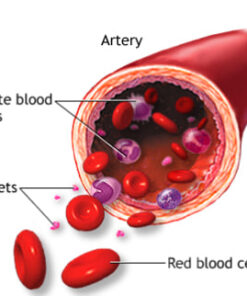
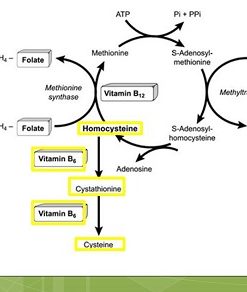
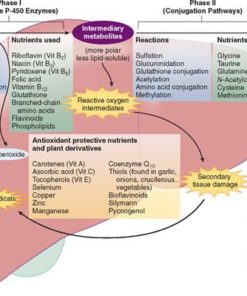
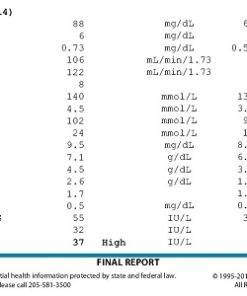
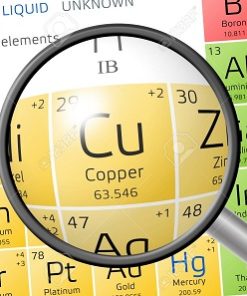
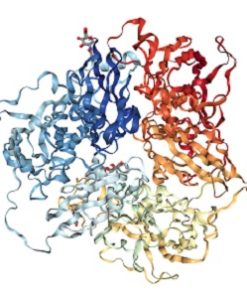
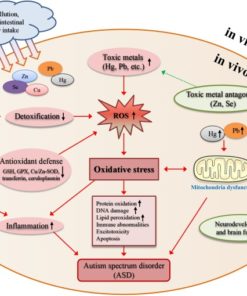
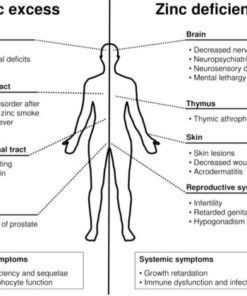
My wife has been checked and she has beginning alzheimers. Is there a cure?
Possibly, depending on the underlying cause and the approach you decide to take. The Cognoscopy test panel can help understand what might be the underlying cause.